We all know that manager – the kind of project manager who can take charge, communicate efficiently with their team, and present their final product or solution with confidence and expertise. They do all this while maintaining a healthy workflow and environment for their team members. If you aspire to be this type of leader, there’s good news! These type of project management skills can be learned and developed with the right training and guidance.
This article will explore the soft skills, hard skills, interpersonal skills, and tools necessary to become a successful project manager and lead your team to victory (no matter how tight the deadlines may be).
Jump to the skills you’re most interested in learning:
- What are Project Management Skills?
- Soft Skills
- Hard Skills
- Interpersonal Skills
- Technical Skills
- Tools & Software Skills
- How to Develop Project Management Skills
What Are Project Management Skills?
Project management skills refer to the knowledge, tools, and techniques that are used to plan, execute, monitor, and close projects. These skills include an understanding of project management methodology, creativity, and teamwork.
Taking a project from ideation to completion takes a strong combination of both soft skills (behavioural skills) and hard skills (technical skills). A successful project manager will have an array of practical skills and intuitive solutions that will take their team across the finish line.
The most important project management skills
Some professions and industries will require certain skills from a project manager in order to determine a successful outcome for the project. However, this article will cover the most important project management skills that are universal across all industries and roles.
- Leadership
- Time Management
- Communication & Negotiation
- Risk Management
- Critical Thinking
Project Management Soft Skills
Soft skills are personal attributes and traits that enable you to interact effectively and harmoniously with other members of your team. You will most likely find that these skills are developed through experience and teamwork, unlike hard skills (which we explore later in this article).
Leadership


Someone has to step up and take charge of a project. The ideal team leader will possess a number of qualities that allow them to guide, inspire, and influence their team members and lead them to success.
There is a large overlap between leadership skills and communication skills; the right leader has the ability to communicate efficiently with others and develop a project plan that plays to the strengths of their team. Personability is also an important trait, as a successful project and a happy team require a healthy, positive, and productive workplace.
Quality leadership isn’t just important for short-term success for your current project — It’s critical for long-term success. A good leader knows how to build trust and confidence amongst their team members. This reduces employee turnover and increases the efficiency of your team’s processes.
Organisation
The last thing you want to be part of is a team with no clear plan for the project ahead. A successful project manager will possess powerful organisation skills, which is a necessary part of keeping themselves and their team members accountable.
Organised leaders know how to present their strategies and resources with logic and efficiency. They must effectively plan, coordinate, and monitor the various aspects of a project, such as scheduling, budgeting, and resource allocation.
A well-organised project is more likely to be completed on time, within budget, and to the satisfaction of all stakeholders.
Additionally, organisation skills will help project managers identify and mitigate risks, resolve conflicts, and ensure that all team members are working together effectively to achieve the project’s objectives.
Time Management


Ever heard the saying “work smarter, not harder”? That’s exactly what effective time management will accomplish for you and your team. Project managers are responsible for ensuring that their projects are completed on time and within budget, so they must have a deep understanding of their team’s strengths, weaknesses, and available resources.
Effective time management skills will ensure that you know how to prioritise the right tasks, set realistic deadlines, maximise productivity, and minimise unexpected delays and problems. There are several time management tools and programs available, each with its own unique advantages to suit your particular industry and project scope.
Adaptability & Flexibility
Change is inevitable. Some industries change faster than others, but there will always be the need for adaptability and flexibility for team members and team leaders alike.
Whether it be due to a client suddenly requiring a change in direction or necessitating new technology, a successful team leader has the know-how to lead by example and pivot without missing a beat. Regardless of how much the project goals and challenges may change, the right team leader will keep their team on schedule and their project stakeholders happy.
Problem Solving
Imagine this scenario: your team has been tasked with creating and launching a marketing campaign for a new product. However, you’ve noticed that your team is falling behind schedule and impacting the overall timeline of this launch. What would you do?
Project management professionals know how to observe their team, analyse the problem, find the best possible solution, and provide valuable feedback to avoid this situation from happening again.
A successful project manager will lead with creativity and critical thinking skills that allow them to set clear expectations, communicate effectively, and find the right approach to any problem that their team may face.
Public Speaking & Presentation Skills


A high-performing team requires a certain level of performance from their leader. Communication is one of the major keys to success and an expert project manager knows what it takes to communicate clearly and concisely.
A good leader knows how to lead with authority without sounding like a dictator.
They know how to:
- Command attention without being a distraction
- Bring up new ideas without diminishing old ones.
- Ask the right questions to get the best results.
- Ensure no team member is left behind.
- Speak and present so that the plan and deliverables are all clearly understood.
Decision Making
Great leadership and great decision-making go hand in hand. Some team members may struggle to pick between two different approaches; the right team leader can access the situation, take into account the available time and resources, and choose the best possible option for their team and the project outcome.
This helps to keep the project on track and moving forward while minimising potential negative impacts. Additionally, decision-making skills can help project managers anticipate and prevent potential problems, delegate tasks to the right team members, and take advantage of opportunities as they arise.
Critical Thinking
Critical thinking is a major component of decision-making, but it also plays a large role in effective leadership and risk management skills. Successful project managers can identify their team’s needs, analyse changes in the market, and identify potential problems and challenges before they ever arise.
The right leader knows the difference between an estimation and an assumption. They know how to evaluate their options and draw the right conclusions. Above all else, they have the perspective and critical thinking skills necessary to support their team from the very beginning of the project until the very end.
Stress Management


For most professionals in the workforce, stress is just part of the job. Sure, a bit of stress can go a long way in motivating you to get your work done on time at a high level of quality — but the less stress we feel, the more we tend to love our job. That’s why stress management is such an important skill for anybody in a project management role; your team needs to feel supported.
Sometimes, problems will arise that are out of anyone’s control. In these scenarios, it’s natural for you and your team to feel stressed. However, if you know how to manage your own stress and pivot flexibly, your team will follow suit and feel significantly less stressed as a result.
Project Management Hard Skills
Hard skills are quantifiable, objective skills that are typically gained through training, coaching, certifications, and experience. While some employers may favour or even necessitate a degree for certain roles, others choose to focus on experience earned through previous positions. Here are examples of hard skills that successful project managers should possess.
Project Planning
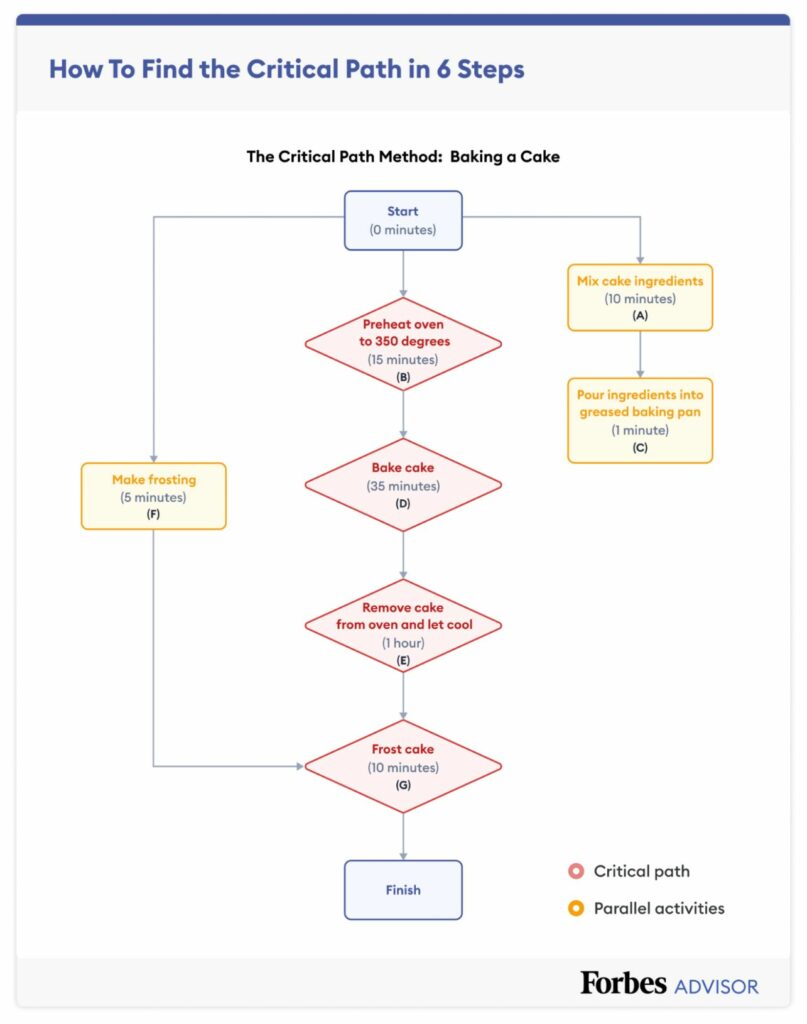

A project plan may seem like an obvious part of the job, but make no mistake; there is a major difference between a serviceable project plan and an effective project plan. An effective plan utilises all team members, plays to their strengths, stays within budget, ensures the best use of resources, and determines the best possible outcome for the project itself.
Project Planning Methods
- CPM (the Critical Path Method). This planning technique allows team leaders to identify the most efficient order of tasks by mapping out the entire plan and creating an in-depth schedule. The leader determines which tasks depend on one another, estimates the duration of each task, and assigns individual team members a set workload per day that allows every single moving part of the project to align upon completion.
- PERT (Program Evaluation and Review Technique). This project management model is a graphic representation of a project’s timeline, displaying all of the individual tasks necessary for successful and on-time completion. The high visibility of a PERT flow chart allows a project team to clearly identify which tasks are dependent on one another, which tasks can be done concurrently, and what major milestones or events the team needs to prepare for throughout the phases of the project.
- Reverse Driven Logic. A project planning technique involves starting a project by defining the desired end result and then working backwards to determine the necessary steps to achieve said result. This approach can help teams identify potential obstacles and risks early on in the project, as well as ensure that everyone is working towards a common goal. RDL is particularly useful for complex projects with many interdependent tasks and variables.
- Waterfall. A project planning method that includes a linear, step-by-step approach to project development. It consists of distinct phases, such as planning, design and testing, with each phase dependent on the completion of the one before it. The Waterfall approach is useful for projects where the requirements and scope are well-defined and unlikely to change significantly throughout the project lifecycle.
A successful leader has the project planning skills necessary to identify what model works best for their project and team.
Project Scoping
Before you can begin assigning tasks to your team, you need to know the full scope of your project. What are the expectations of your clients or stakeholders? What are their goals, their proposed deadlines, and their concerns? It’s a project manager’s job to know these details back-to-front and then pass them on to the rest of the team.
Effective project scoping is also the best possible defence against scope creep; the issue of clients or stakeholders making changes without any control procedures, such as change requests or planned progress report meetings. Scope creep negatively impacts your team’s attitude, the quality of the project, and the likelihood of meeting the initially agreed-upon deadline. It’s highly important that any project manager knows how to avoid this with a well-established project scope.
Risk Analysis
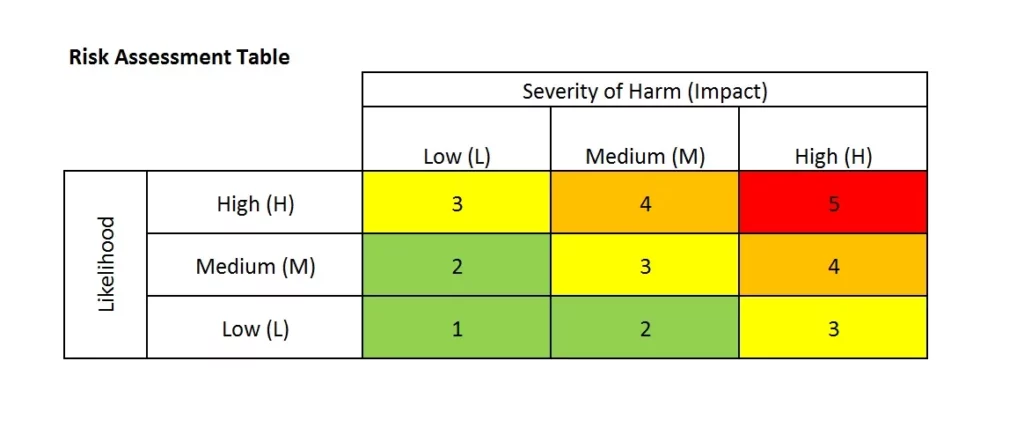

If you fail to plan, you plan to fail. This is the crux of risk analysis; identifying and managing all of the potential problems that you and your team may face over the course of your current project. The process of risk analysis can be complex depending on a number of factors. These include the size of your team, the scope of your project, and the sensitivity of the information and resources being utilised.
A successful team leader uses all available data to analyse potential risks, determines the likelihood of the risks actually happening, and takes the necessary precautions to avoid any setbacks, limitations, and liabilities.
Quality Control
Even the most intricate of plans can be misinterpreted. It’s important to schedule routine quality checks with your team, to ensure that you have a sense of the project’s process and your team’s adherence to the original timeline.
Consistent checks will also encourage a project team to be conscious of the quality of their work before the project manager even gets a glance at their progress. It’s important to keep morale high during quality control checks, so ensure that criticism is constructive and compliments are encouraging. If the team truly cares about the quality of their work, the project manager’s life will be much easier.
Estimation
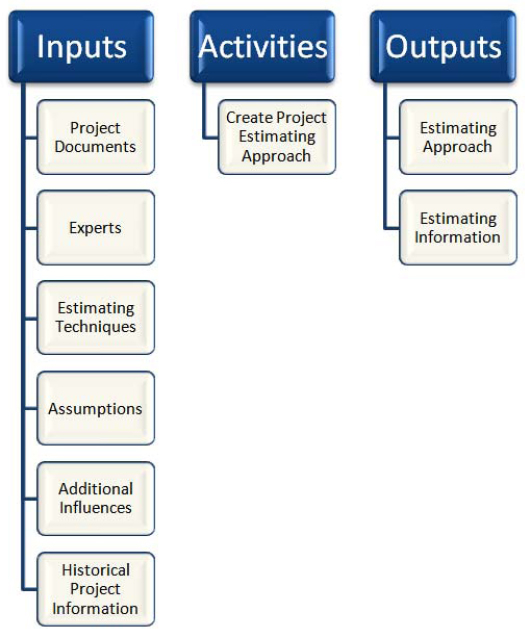

Estimation is a major part of project scoping and risk analysis. What factors influence this? How would you rank them in order of importance? What are the right tools and resources for the job? How long will it all take? These are all estimates that the project manager must know like the back of their hand.
Getting the team involved in the estimation process will make the scope of the project much clearer for everyone involved. The team leader can get direct feedback on their initial plan and schedule and adjust it with the new estimates. The more precise the estimations are, the less likely the team is to experience scope creep or miss deadlines.
Documentation
Ever heard the saying, “if a process isn’t documented, it’s only a process in someone’s head”? A successful team leader knows the importance of documenting all project-relevant information, such as meetings with clients or stakeholders, or quality control notes.
A key benefit of in-depth documentation is the ability to keep all team members on the same page; if a key team member is unavailable, another person can step in and continue their progress without missing any necessary information. It’s also an important tool for keeping everyone in the team accountable and up-to-date.
Research
Whether it’s keeping up to date with the latest market trends, looking into the best project management tools, or finding new integrations to improve your team’s efficiency, research is what keeps you and your team moving forward.
A successful project manager always strives to do the best possible job for their employer and their team. Every day is a new opportunity for learning, developing new insights into your workflow, and finding additional elements for the ultimate project plan.
Writing


Your written communication skills as a project manager are equally important as your verbal communication skills. A team relies on the information passed down by their project manager, and these documents and plans must be clear, concise, and accessible.
The clearer your writing is, the less likely your team is to misinterpret the information or have follow-up questions. Avoiding these confusions and questions will save you and your team a lot of time — and therefore, a lot of money.
Reporting
The successful completion of a plan can actually mean very little for your company’s future if you fail to report and reflect. Reporting on your team’s completed work is the perfect opportunity to reflect on what went right and what could have been done better.
The more time and data you use in reports, the clearer your next moves will be. For what reasons did you choose to use a certain approach? Was it worth the resources or time allocated? Is there anything you can easily improve upon? A successful team leader can use analytics tools and their experiences to analyse their work and plan ahead for maximum efficiency.
Project Manager Interpersonal Skills


Interpersonal skills are the skills we use every day to interact with other people. These skills are especially important in the workplace, as they have a massive impact on your team’s positivity and teamwork abilities. Here are some important components of the interpersonal skills toolkit that every project manager should have.
Communication
Alongside group meetings and written communication, a team leader must be well-equipped to discuss projects one-on-one with their team members. It’s important for project managers to remain positive and confident whenever they communicate with their team members to keep morale high.
Communication can be a learned skill, so if you need help growing in this area, there are communication training courses that can help.
Team Management & Collaboration
Collaboration is key for driving employee productivity and engagement, and a team leader should be the first point of call for all things teamwork. A project manager with strong interpersonal skills knows how to effectively set goals, delegate tasks, and provide consistent and constructive feedback. These positive elements of professional communication should be present in all workplace conversations, from emails to meetings (both in-person and remote).
Conflict Resolution
Unfortunately, professional teams are not immune to interpersonal conflict. The issues can be personal, like incompatible personalities, or work-related, like taking very different stances on a project’s direction. It’s up to a professional team leader to step in and resolve this conflict without alienating anyone in the process. Team building activities, office parties, opportunities for friendly discussions, and strong people skills will keep these potential interpersonal conflicts at bay.
Negotiation
Negotiation skills are necessary for reaching compromises and conflict resolution. A project manager’s team may be unsure of how to proceed, with two uniquely strong approaches to the same end goal. It’s the team leader’s job to determine which is the best solution and potentially compromise if possible. This will keep the team positive, encourage their ideas, and raise excitement for the tasks ahead.
Team leaders may also need to negotiate with clients or stakeholders in order to secure more time and resources for their team, improving workflows and resulting in higher-quality project completion.
Active Listening
Active listening is more than just paying attention to a conversation. It’s understanding a team member’s needs, reading between the lines of all interactions, and developing project plans to support the team’s strengths. A project manager who truly knows and listens to their team understands how every element of their plan impacts their fellow employees, from time constraints to effective organisation to their capacity for additional tasks.
Emotional Intelligence
Strong interpersonal skills are good indicators of high emotional intelligence. Successful project managers use their emotional intelligence to develop a positive work culture and support their team members. This often results in employee growth, creativity, and innovation within the team. This may be achieved through creating opportunities for mentoring, providing direct feedback, encouraging an open-door policy, and other quality-of-life benefits.
Project Manager Technical Skills


Technical skills are hard skills that are very specific to a particular industry or role. The technical skills of an IT project manager will differ from a project manager for a team of busy nurses. However, we’ve outlined all the technical skills that are necessary for all project managers to possess.
Cost Management
Team leaders take charge of estimating, allocating, and controlling the costs of their projects. This allows the company to stay within their desired budget and avoid unnecessary costs, such as going over deadlines or undergoing too many changes to the original plan. A team leader with strong cost management skills knows every financial element of the project, resulting in a stronger plan and a schedule based on data and spreadsheets, not just intuition.
Scope Management
Project scope management is the practice of defining and controlling what is and is not included in a project plan. The expectations and deliverables outlined by the client or stakeholders are within the scope of the project — anything outside of that is outside the scope of the project. A successful project manager knows the agreed-upon scope and when the scope can expand without harming the team by going over capacity or disrupting a strong workflow.
Monitoring Project Progress
Strong task management skills will result in meeting deadlines and exceeding expectations. Part of this is knowing the best way to monitor your project’s progress, such as a powerful project management tool or simply implementing weekly check-ins with your project team. The project schedule should be followed as closely as possible, and it’s the job of the project manager to ensure that happens (whether by rearranging the priorities or responsibilities of the team members).
Knowledge of Project Management Methodologies
There are several types of project management methodologies for you and your workplace to adopt. It’s up to you to choose the framework that suits your projects and your team best; would you be better suited to the methodologies that were mentioned earlier in this article? Or will you find the right match in the list below?
Popular project management methodologies:
- Agile management
- Scrum
- Kanban
- Scrumban
- Prince2
- Six Sigma
- Waterfall
- Critical Path Method (CPM)
- Critical Chain Project Management
- Lean
- PMI / PMBOK
- Extreme Programming (XP)
Popular Tools & Software Used by Project Managers
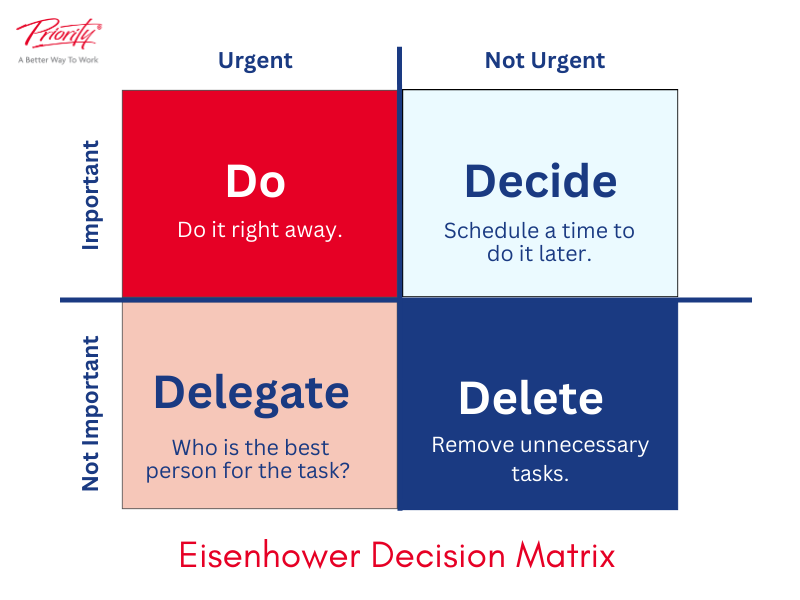

Project management tools are programs, dashboards, or processes that are used to facilitate the successful completion of a project. They are designed to organise items, make relevant information accessible to team members, and show the overall timeline of a project.
There may be some particularly important factors that determine which project management tool you choose; are you looking for added security? Visualised workflows? Integrations?
Below are a few of the most popular project management tools that focus on project scheduling, monitoring timelines, and keeping your team members in the loop.
Tools
- Gantt charts
- Kanban boards
- Scrum boards
- Eisenhower matrix
- PERT charts
Software
The right project management software is one of the most important tools in a project manager’s toolkit. It allows them to effectively plan, organise, and track the progress of a project.
Popular options include:
- Microsoft Project
- Microsoft Teams
- MS Planner
- Notion
- Trello
- Asana
- Wrike
How to Develop Project Management Skills
There are several ways for people to develop project management skills. This includes formal education, on-the-job training, and hands-on experience. Aspiring project managers may also find great value in additional opportunities for professional development, such as certifications or workshops that build upon project management and leadership skills.
Reading
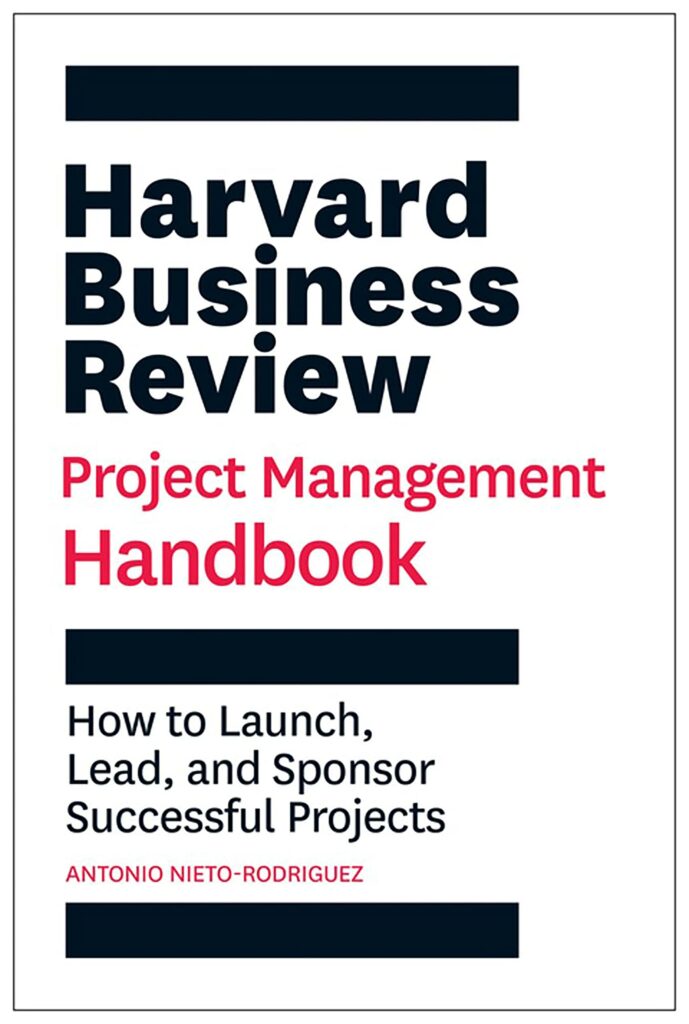

Books written by project management experts give you direct insight into how a professional team leader thinks, acts, and reflects on their work. You’ll have access to case studies, new strategies, and powerful tools for managing projects effectively. We recommend reading these popular books on professional leadership:
- Making Things Happen – A Non-technical Guide to Project Management by Mackenzie Kyle
- Project Management Absolute Beginner’s Guide by Greg Horine
- Project Management For The Unofficial Project Manager by Kory Kogon, Suzette Blakemore & James Wood
- Harvard Business Review Project Management Handbook by Antonio Nieto Rodriguez
- Project Management For Non-Project Managers by Jack Ferraro
On-the-job Training


On-the-job training is a practical and valuable asset for aspiring project managers to have. Although you won’t necessarily earn any certifications from this practice, it will give you hands-on experience in a real-world setting and allows you to test any strategies or tools you’ve learned through previous research or study. By working on projects in a real-world professional setting, team leaders in training will have the opportunity to develop interpersonal and intuitive skills, such as adaptability and critical thinking, and receive direct feedback on their work.
Professional Courses
Before you can become a successful project manager, you need to know the right tools and the right strategies to get the job done. A professional project management course will teach aspiring project managers how to lead with purpose, perfect their processes, and understand the technical needs of a project team. Plus, having proof of your knowledge in the form of a completed professional course will give you an edge in the workforce.
Diploma Program
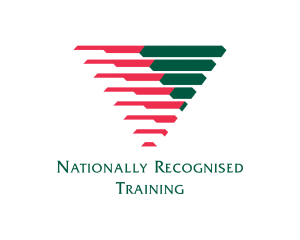

If you’re looking for the most comprehensive guide to all aspects of project management, a diploma program may be the best option. They cover the entire process of managing a project, from ideation and monitoring to completion. Diploma programs are also taught by expert project managers with vast experience in the role. Project managers with a diploma are highly regarded in the hiring process and are capable of handling larger teams working on critical projects.
Certification Programs
There are several certification programs available that will give aspiring project managers an edge in the hiring process. They are also typically much shorter than diploma programs, taking months to complete as opposed to a year or more. Certification programs are specifically designed to align with industry standards and practices, making them the perfect place to start for new project managers.
Certification programs available in Australia include a Certificate III in Project Administration and a Certificate IV in Project Management Practice.
Professional Organisations
Joining an organisation for project managers is a great way to develop skills. It provides ample opportunities for attending networking events, taking part in seminars, and finding job openings that may not be advertised elsewhere. Many of the soft and interpersonal skills mentioned above can be developed within an organisation.
Being a part of a project management organisation, particularly those well-known within the industry, will be an appealing addition to your resume. We’ve listed a selection of the most credible project management organisations for Australians below.
- AIPM: Australian Institute of Project Management
- APFPM: Asia Pacific Federation of Project Management
- IPMA: International Project Management Association
- PMI: Project Management Institute
Thinking of becoming a project manager?
There are several reasons for you to consider becoming a project manager and taking your career to the next level. The high-level interpersonal and technical skills required for the job will reward you with respect from your team members and clients, and you’ll have increased pride and satisfaction in your work.
Project management offers a wide range of career opportunities in a variety of industries, such as construction, healthcare, digital marketing, and more. This gives you a near-limitless number of opportunities for your career, including scaling upwards and advancing to more senior and executive roles.
Regardless of the career path you wish to take or your current experience, developing these project management skills will undoubtedly boost your performance within the workplace and prepare you for higher-paying, more rewarding positions.
If you’re ready to upskill your professional skills in a career, we offer a wide range of professional courses for aspiring project managers.
